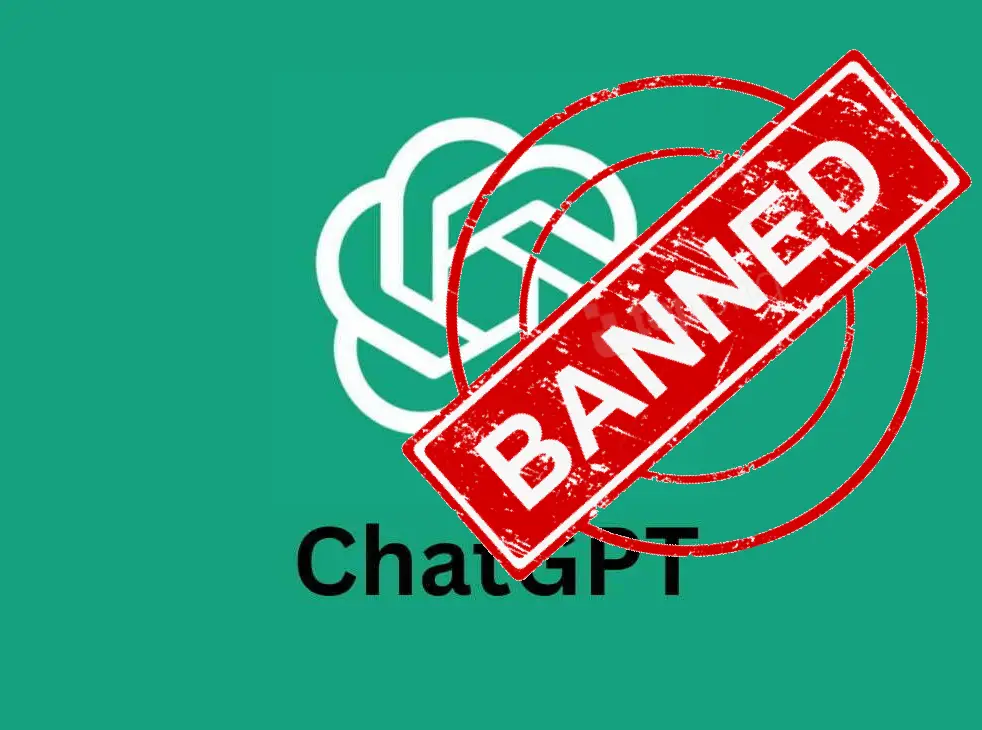ChatGPT, an advanced chatbot developed by OpenAI, has become a hot topic in the education world. While universities are exploring its use in classrooms, K-12 schools have been quick to block it. However, this knee-jerk reaction is not the answer. By openly discussing its capabilities and limitations with students and setting new academic standards, ChatGPT has the potential to democratize and revitalize K-12 education on an unprecedented scale.
The author, who has experimented with ChatGPT in college applications, has found that the chatbot can serve as a personal tutor, helping students develop their thinking and writing skills. While it cannot replicate human interaction, it can provide individualized attention and guidance without the costs associated with private tutoring. This is especially important in large public school classrooms and underserved communities where students struggle to receive individual attention.
Some critics argue that ChatGPT will only exacerbate lazy academic habits, but the author suggests that it can be used as a tool for English teachers to help students prepare for exams or to provide each student with an essay antithetical to the one they turned in, helping them pick apart these contrary arguments in a future draft.
The author also suggests using ChatGPT to teach students about disinformation by creating assignments that involve discerning between convincing mistakes and the correct answer, preparing them for a world fraught with everything from politically correct censorship to deepfakes.
The author’s pitch to those in power is to unblock and unban ChatGPT in K-12 education, as more discussion, guidance, and understanding are needed to effectively utilize this powerful technology.
